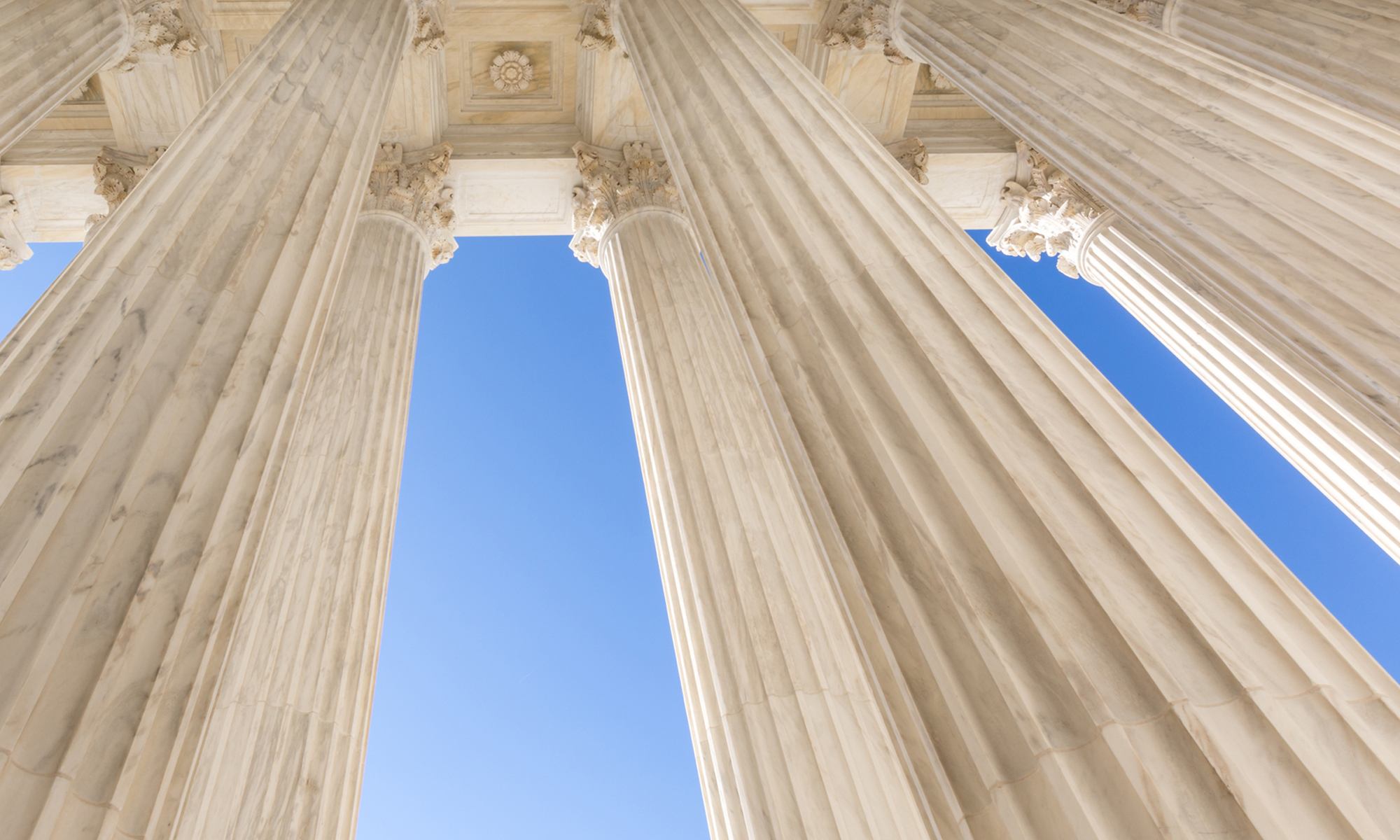In 1991, the Pennsylvania Supreme Court created a bright-line rule barring certain types of legal malpractice claims. Specifically, if a client settled a lawsuit but ultimately was unhappy with the settlement, the client could only sue her lawyers for legal malpractice if the lawyers fraudulently induced her to settle. See Muhammad v. Strassburger, McKenna, Messer, Shilobod, & Gutnick, 587 A.2d 1346, 1358 (Pa. 1991). In such situations, claims based on negligence or breach of contract would not be cognizable. Id.
This bright-line rule has slowly eroded over the years. In Collas v. Garnick, 624 A.2d 117 (Pa. Super. 1993), for example, the Superior Court held that Muhammad did not bar claims based on inaccurate legal advice related to a settlement agreement. In that case, a lawyer advised that certain language in a settlement agreement would not affect the client’s ability to sue other potentially liable parties, but that advice turned out to be wrong. Id. at 119. After the plaintiff’s second lawsuit was dismissed based on the release she signed when settling the first lawsuit, the plaintiff sued her lawyer. Id. The trial court held that the plaintiff’s claims were barred by Muhammad, but the Superior Court reversed. The Superior Court noted that Muhammad dealt with clients who were dissatisfied with the amount of the settlement, whereas the clients in Collas were complaining that they were misinformed as to the effect of the settlement. Id. at 121. The Superior Court held that, in such circumstances, lawyers could be liable for malpractice if they failed to exercise the necessary degree of care. Id.
The Superior Court has since clarified when Muhammad bars legal malpractice claims arising from a settlement agreement and when it does not:
[If] a dissatisfied litigant merely wishes to second guess his or her decision to settle due to speculation that he or she may have been able to secure a larger amount of money, i.e.[,] “get a better deal[,]” the Muhammad rule applies so as to bar that litigant from suing his counsel for negligence. If, however, a settlement agreement is legally deficient or if an attorney fails to explain the effect of a legal document, the client may seek redress from counsel by filing a malpractice action sounding in negligence.
Banks v. Jerome Taylor & Assocs., 700 A.2d 1329, 1332 (Pa. Super. 1997).
The Supreme Court will now consider doing away with Muhammad altogether as part of its review of the Superior Court’s decision in Khalil v. Williams, 244 A.3d 830 (Pa. Super. 2021), allocatur granted 53 EAL 2021 (Pa. Aug. 3, 2021). In Khalil, the plaintiff claimed that she only signed the settlement agreement in question after asking her lawyers to add language making clear that her claims in a related lawsuit would not be affected. Khalil, 244 A.3d at 840-41. After the plaintiff signed the revised release, her counsel allegedly doctored the signed release to remove any limiting language. Id. Her claims thus sounded in fraud and were not barred by Muhammad. Id. Yet, the plaintiff also alleged legal malpractice claims based on negligence and breach of contract. While the plaintiff claimed on appeal that she pleaded facts alleging that her counsel gave incorrect advice about the legal effect of the settlement agreement in the alternative, the Superior Court disagreed. Id. The Superior Court found that the only allegations in the complaint supported the fraud claim, not any claims sounding in negligence or breach of contract. Id. at 841. The Superior Court thus affirmed the dismissal of those claims.
The Supreme Court has now agreed to consider two issues on appeal—whether the plaintiff sufficiently pleaded negligence or breach of contract and, if so, whether Muhammad continues to be valid. Depending on the Court’s outcome and reasoning, Khalil could prove to be very important for understanding both the pleading rules for legal malpractice claims in Pennsylvania, as well as the potential liability for lawyers when advising their clients to accept a settlement offer.
